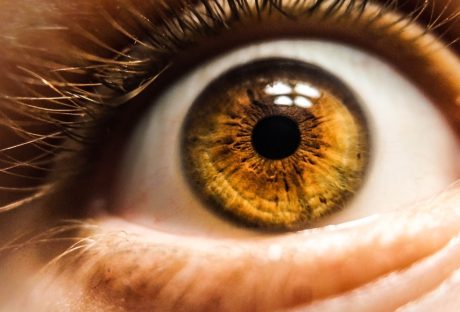According to the Substance Abuse and Mental Health Services Administration (SAMSHA), around 74% of inpatient drug rehab centers in America are based on the 12-Step approach. 12-Step is a philosophy pioneered by Alcoholics Anonymous (AA) and Narcotics Anonymous (NA) in the 1930s that has strong foundations in Christianity.
The objective of 12-Step recovery programs is to enable people to achieve and maintain sobriety through the support of others and their belief in a higher power. In many respects, the 12-Step movement has been shown to be a force for good which is why it remains one of the most popular choices for addiction recovery support in the world.
12-Step treatment centers are not for everyone, particularly if they do not subscribe to any particular religion and their needs can be addressed by a wide range of alternative inpatient drug rehab centers that do not have religious components. However, in this article, we want to take a closer look at traditional 12-Step in terms of what it offers people with addiction illness and how the world’s oldest recovery support system works.
The History of the 12-Step Program:
The principles of 12-Step treatment centers were designed in 1938 by Bill Wilson, who based the concept on his own experiences and understanding of alcoholism. In particular, Wilson had seen how positively people struggling with alcohol responded when sharing their stories and experiences with others. In the early days of 12-Step’s history, Wilson put his program into writing into what is now known as the Big Book.
12-Step rehab centers originate from the Christian view of spirituality and are designed to provide encouragement for participants to seek help from a higher power than themselves. Although the Big Book was originally intended for people who did not want to attend meetings, it has since become a model for all NA and AA meetings around the world. Offshoots of 12-Step treatment centers now include Heroin Anonymous (HA) and Gamblers Anonymous (GA). These days, members are expected to “work through” the steps using the Big Book for reference.
How 12-Step Approach Works:
12-Step rehab centers are designed to allow people to support each other in achieving and maintaining sobriety while calling on their higher power for help. This is done through meetings in which members share their experiences, talking through difficult issues and congratulating successes. According to the journal Addiction Research and Theories, the kind of abstinence practice 12-Step is based on often accounts for high levels of positive mental health or “flourishing.”
A particular benefit of 12-Step is that it provides a structured framework from which people can surrender their addiction, process the experience and move on from it for improved mental health. An article by Psych Central suggests that following the 12-Step model arms members with the following tools for mental and emotional transformation:
- Being able to recognize and admit that the individual has addiction issues
- Surrendering to this fact and deciding to seek control with outer guidance
- Developing self-awareness of addictive behaviors and how they impact others
- Practicing self-restraint and building self-esteem
- Achieving self-acceptance and being able to make positive changes
- Having compassion for those affected by the individual’s addiction and others who are struggling with substance abuse
Through providing members with these experiences and tools, 12-Step can promote significant changes, helping individuals seeking to overcome addiction find a path to sobriety.
The 12 Steps, as outlined in the original Big Book are as follows:
- The admission that the individual is powerless over their addiction
- The belief that a higher power can help overcome addiction
- Making the decision to surrender control to the higher power
- Making a personal inventory
- Admission to the higher power, themselves and another trusted person the wrongs that were done through addiction
- Being prepared for the higher power to correct shortcomings in character
- Asking the higher power for help in removing shortcomings
- Listing the wrongs done to others and preparing to make amends
- Connecting with all those hurt by addictive behavior to make things right unless it is detrimental to the person to do so
- Maintaining a personal inventory and admitting when the person is in the wrong
- Seeking enlightenment from the higher power through prayer and meditation
- Sharing the 12-Step mess with others in need of support
Although there is no “one size fits all” approach to addiction treatment, the efficacy of 12-Step is undeniable. The main reason for the program’s success is that it focuses on providing mutual support as a means of achieving and maintain sobriety. The 12-Step recovery program shifts focus from the individual and their addiction to the group as a whole, with members bound together by a common spirituality and a shared desire to live a substance-free life.
Read Also:






















